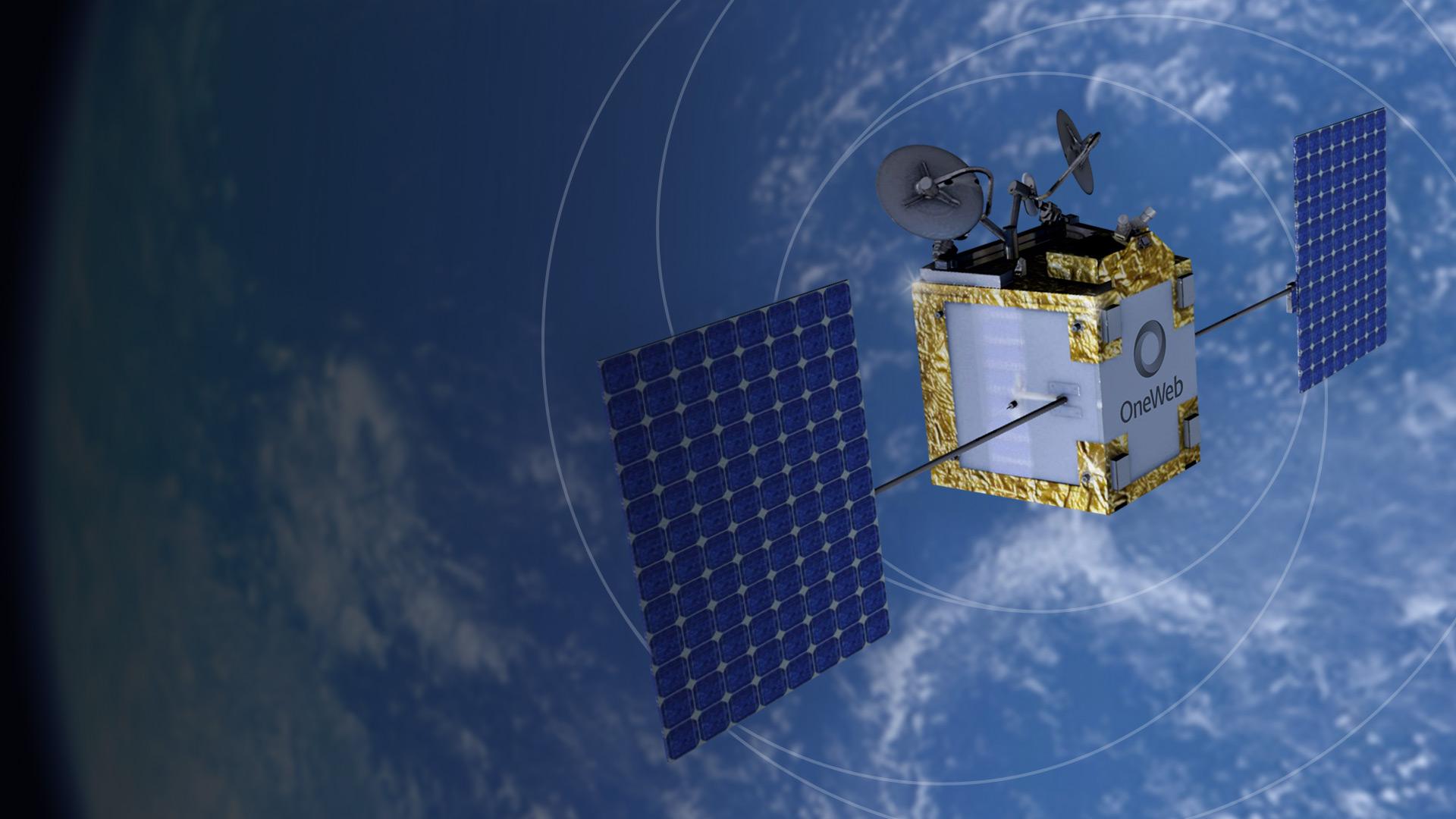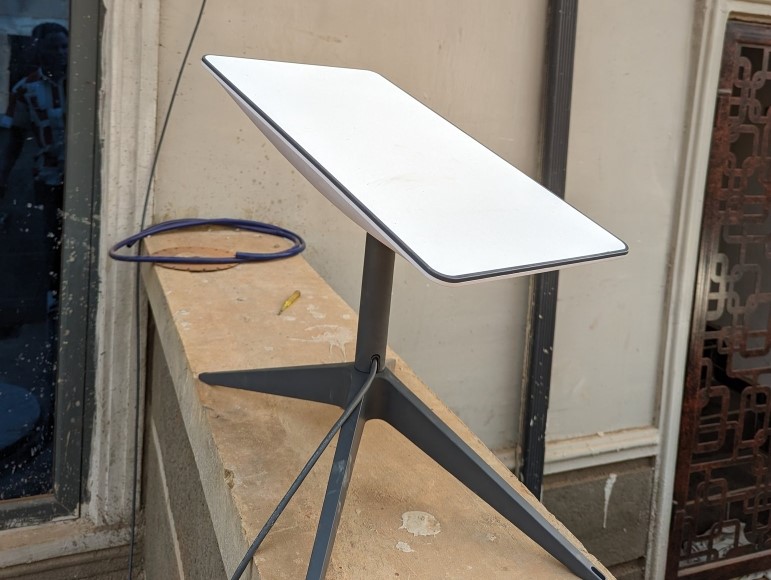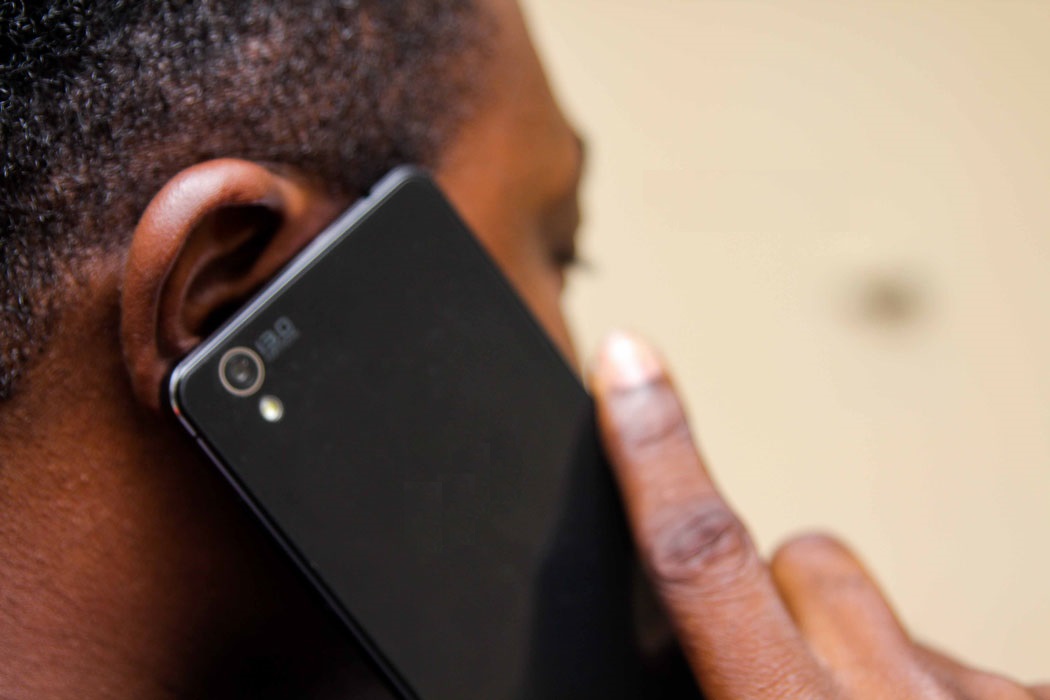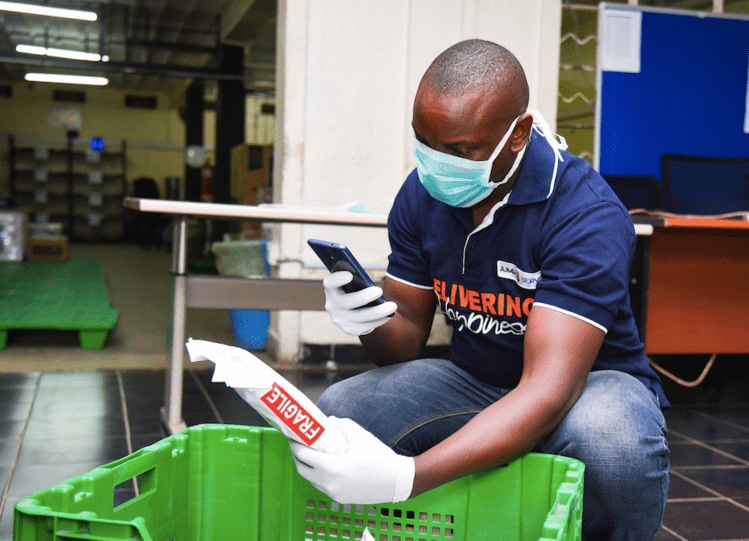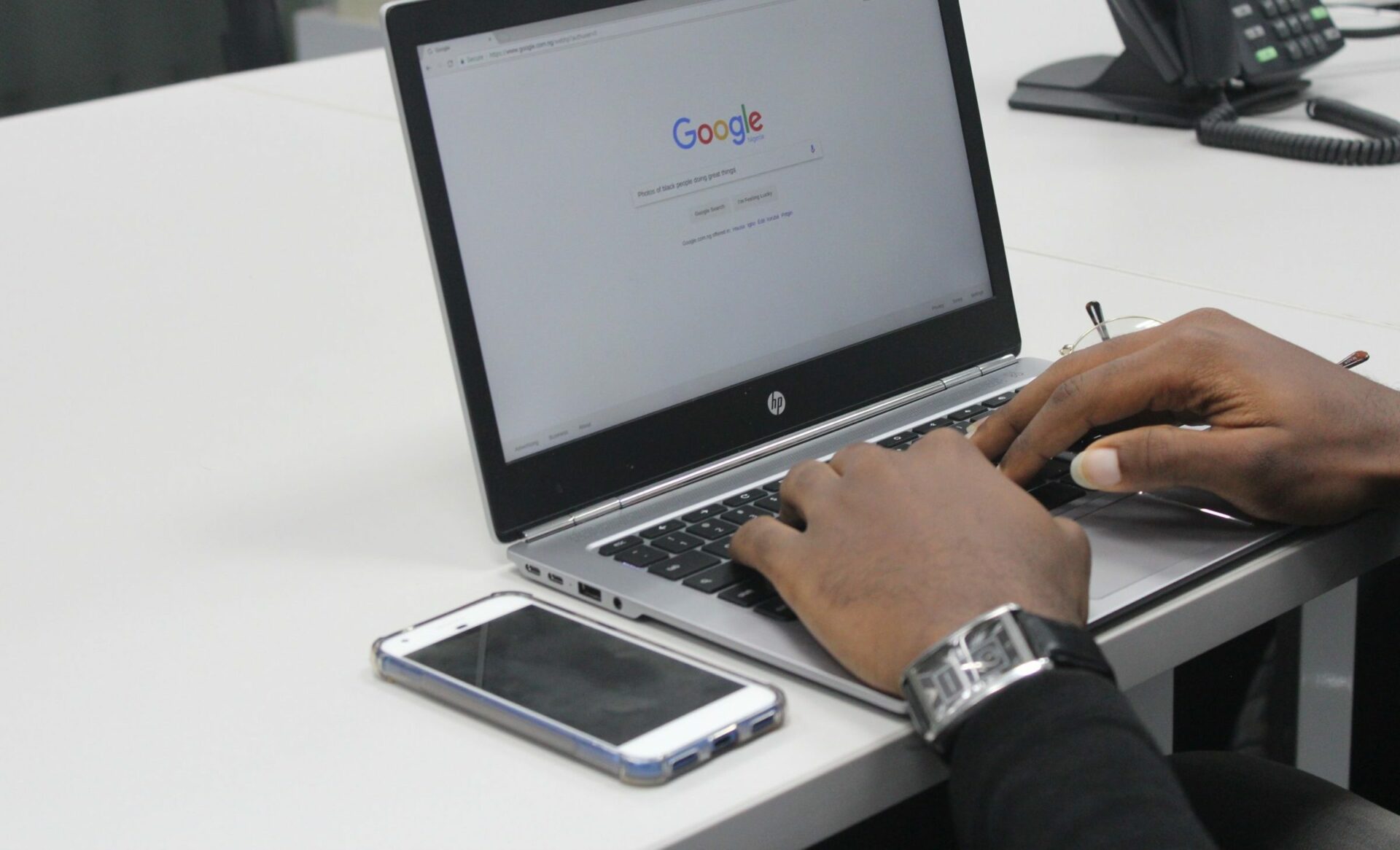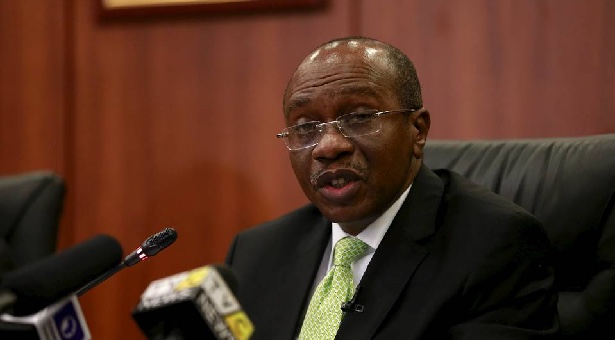Hello,
Victoria from Techpoint here,
Want in-depth insights on African tech news? Follow the Techpoint Africa Podcast on Spotify and Apple Podcasts.
Here's what I've got for you today:
- Eutelsat and Q-KON launch Africa's first OneWeb LEO Satellite Service
- Bolt enters Zimbabwe
- Google launches its first African cloud region in South Africa
Eutelsat and Q-KON launch Africa's first OneWeb LEO Satellite Service

Satellite network operator Eutelsat Group and South African satellite enterprise Q-KON have deployed the first operational Eutelsat OneWeb Low Earth Orbit (LEO) satellite service in Africa.
The installation happened at the branch of an undisclosed digital bank in South Africa, which has three digital-only banks: TymeBank, Discovery Bank, and Bank Zero.
Q-KON's Twoobii Smart Satellite Services installation provides a consistent Internet connection speed of 50 megabits per second (Mbps) with minimal delay.
This connection serves as a backup plan if there are problems with the hardware or power supply on the ground, ensuring that a stable internet connection is maintained.
Why does it matter? The launch represents a significant step forward in improving connectivity for African financial institutions, particularly those in the digital banking sector.

Be the smartest in the room
Give it a try, you can unsubscribe anytime. Privacy Policy.
The Twoobii LEO solution includes crucial security measures for the instantaneous transfer of private financial information in addition to dependable Internet access.
This development is significant because it allows the bank to continue doing business as usual in the face of terrestrial restrictions.
Implementing the Twoobii LEO solution takes care of several operational and customer-facing procedures, including branch management, intranet services, software-defined wide area networks (SD-WANs), staff and customer Wi-Fi, data backhauls, and ATMs.
The move opens the way for further development and improved connectivity in the African banking sector, demonstrating the utility of the Q-KON Twoobii Eutelsat OneWeb solution in the context of financial services.
Bolt enters Zimbabwe

Bolt has announced its expansion into Harare, Zimbabwe.
With its six-month driver commission waiver, the ride-hailing company is not only entering a new market but also upending the competition in Zimbabwe.
This bold move puts Bolt in direct competition with international competitors like inDrive and Rida and domestic players like Vaya and Hwindi.
The significance of this expansion extends beyond market penetration. Bolt's decision to invest €500 million (or $542.8 million) in Africa aligns with the company's broader dedication to the region.
In addition to growing Bolt's operations, this significant investment will create jobs for over 300,000 additional drivers and couriers.
Head of Expansion at Bolt, Laurent Koerge, stressed that the company's goal goes beyond just making money. By reducing its commission rates, Bolt aims to stimulate demand by offering competitive prices, thereby ensuring a steady flow of customers for its drivers.
Bolt, founded by Markus Villig in 2013, has rapidly grown to serve over 150 million customers in 45 countries, with an extensive network of over 3 million drivers.
Its expansion into Zimbabwe marks another step forward in its journey since its inception, following successful ventures into 12 African countries, including Ghana, Nigeria, Kenya, and South Africa.
Bolt's entry into the Zimbabwean market allows local drivers to benefit from lower commissions, potentially increasing their standard of living while also providing customers with more options.
Google launches its first African cloud region in South Africa

Google has officially announced that its cloud region in South Africa is operational, one year after deciding to open its first location in Johannesburg.
Cloud regions serve as deployment hubs for cloud resources, allowing users to leverage services like cloud storage, compute engines, and management systems from specific geographic locations.
According to Google, the Johannesburg region will provide businesses with the resources to scale, innovate, and compete internationally.
This move puts Google in direct competition with other major hyper scalers, including Amazon Web Services (AWS), Microsoft Azure, and Alibaba Cloud.
While Alibaba Cloud runs through a partnership with Telkom subsidiary BCX, Microsoft and AWS have already established local data centres in South Africa.
Google Cloud's Director for Africa, Niral Patel, stressed that companies on the continent can now access high-performance, low-latency, and secure cloud services thanks to the new cloud region.
Later this year, the tech giant intends to celebrate the opening of the cloud region and showcase its revolutionary potential for African businesses with a launch event in Johannesburg.
The announcement follows Google's 2022 announcement, which confirmed the construction of Dedicated Cloud Interconnect sites in Nairobi, Lagos, and Cape Town.
These sites, which connect to users' on-premises networks, aim to provide comprehensive cloud capabilities via Google's private subsea cable, Equiano, which links Africa and Europe.
In case you missed it
- FSCA warns South Africans against potentially dubious investment offerings
- South Africa’s Africarare will launch a virtual token, $UBUNTU, in February 2024
- 7 options for funding startups beyond venture capital
- Ivorian startup Auto24 acquires Tanzania’s Kupatana after expanding into Senegal, South Africa, Morocco
- Bboxx moves headquarters to Rwanda, investing $100 million to train over 1,000 people
- Ghana’s mobile money agents must link accounts to Ghana Card by February 1 to avoid blocking
What I'm reading and watching
- Is this the reason you’re not hired? What accents say to perceptions
- Does University Still Make Sense?
- What If a Simple Blood Test Could Detect Cancer?
Opportunities
- Kenyan startups focused on embedded finance, future fintech, SME productivity tools, and content like local gaming and mobile advertising can apply for Safaricom’s Spark Accelerator programme. For more information, check this out.
- The International Center for Journalists (ICFJ) is looking for an editor to support the Arthur F. Burns Fellowship. Apply here.
- Application for the Meltwater Entrepreneurial School of Technology (MEST) Class of 2025 is now open. Check out the one-year, fully sponsored, graduate-level programme in tech entrepreneurship here before March 18, 2023.
- Do you live in Nigeria and work with a local or foreign company? Whether it's remotely, on-site, hybrid, full-time, part-time or as a freelancer, @TheIntelpoint is trying to understand the Nigerian workspace: how you work, and toxicity in the workspace among others. Please, fill out the questionnaire here.
- Explore this website to find multiple job opportunities in Data that align with your preferences.
- If you are a software engineer, creative designer, product manager, design researcher, or a techie looking for an internship role, please, check out this website.
Have a happy February!
Victoria Fakiya for Techpoint Africa.

